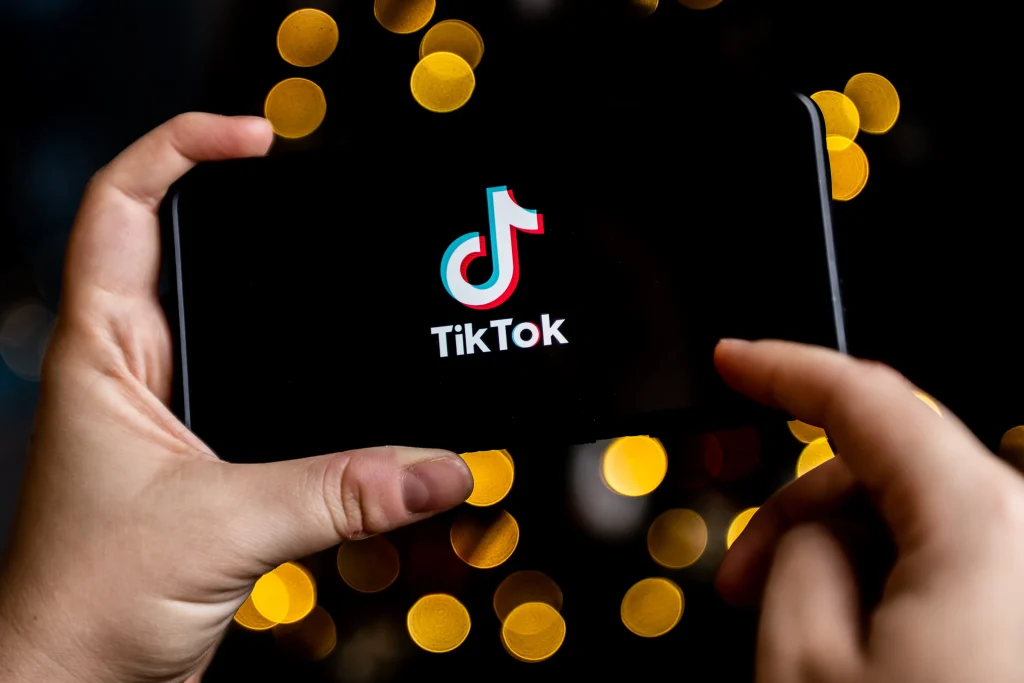On Monday, TikTok begins its legal battle against a US law that mandates its Chinese parent company, ByteDance, to sell the app within nine months or face a ban in the country.
The law, signed by President Biden in April, stems from concerns that TikTok could allow the Chinese government access to data from its US users. TikTok and ByteDance have repeatedly denied any ties to Chinese authorities and labeled the law an “extraordinary intrusion on free speech rights.”
With over 170 million US users, TikTok will present its case before a three-judge panel in a Washington DC appeals court, accompanied by eight content creators, including a Texas rancher and a Tennessee baker who rely on the platform for marketing and income.

Following TikTok’s arguments, lawyers from the Department of Justice (DoJ) will make their case, which centers on national security concerns. Officials worry that the Chinese government could not only exploit user data but also use the app to spread propaganda to US audiences.
However, free speech advocates argue that enforcing the law could set a troubling precedent. Xiangnong Wang, an attorney at Columbia University’s Knight First Amendment Institute, warned that authoritarian regimes around the world might cite this case as justification for their own restrictions on access to information.
Wang, whose organization filed an amicus brief in the case, also criticized lawmakers for failing to clearly define the national security risks posed by TikTok. He questioned the constitutionality of such a sweeping restriction on First Amendment rights, especially given the lack of transparent evidence.
On the other hand, James Lewis from the Center for Strategic and International Studies in Washington believes the law is robust enough to pass legal challenges. He emphasized that the central issue is whether the court will see the forced sale of TikTok as a regulation of speech, noting that courts often defer to the president on national security matters.
Regardless of the outcome at the appeals court, experts predict the case could stretch on for months. Mike Proulx, vice president and research director at Forrester, said, “Nothing gets resolved next week. This is a high-stakes, complex issue that could ultimately be decided by the Supreme Court.”


